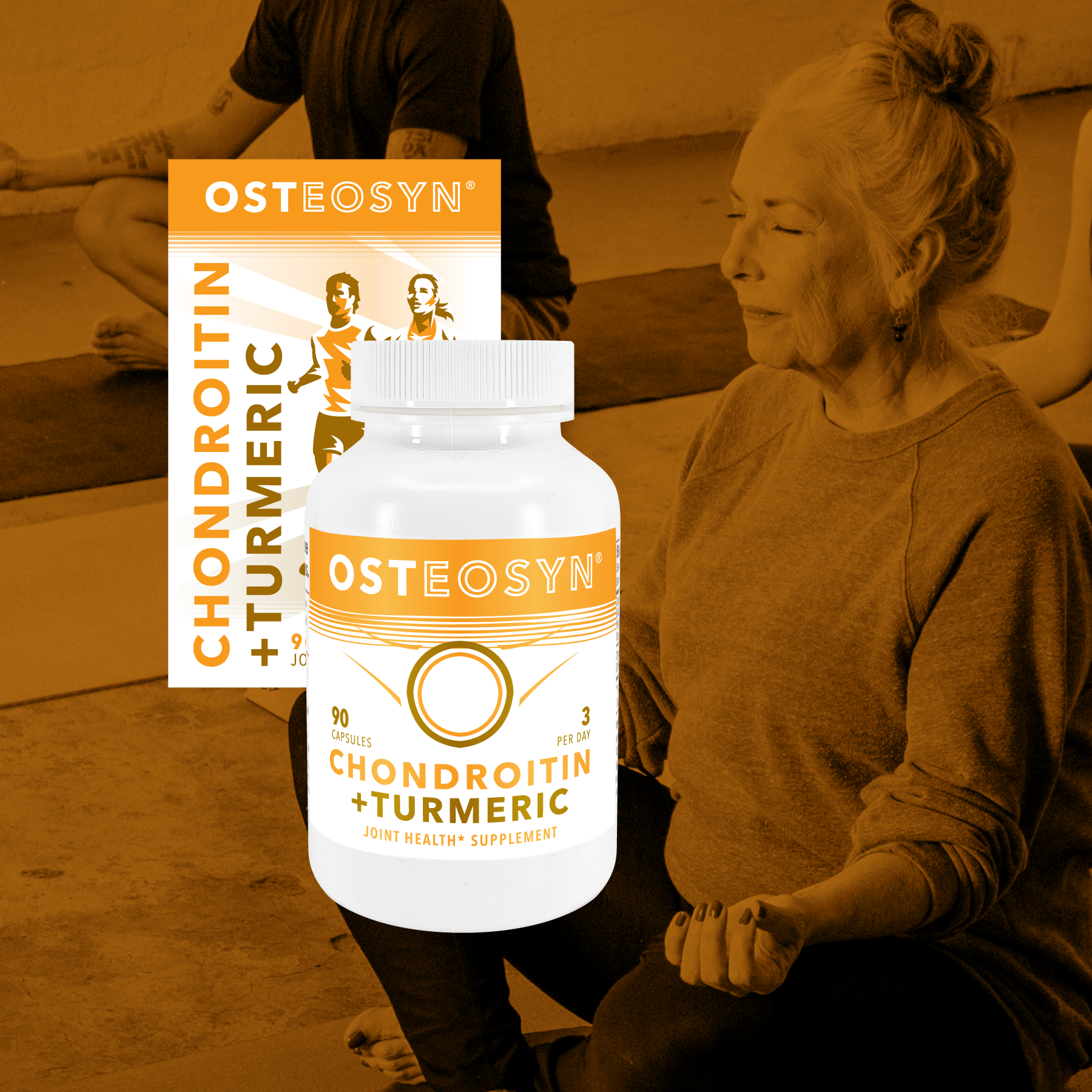Turmeric Ban Rumors and FDA Warning Letters
There’s a lot of misinformation circulating about turmeric being banned by the FDA, but let's set the record straight. Turmeric, as a whole, has not been banned by the FDA. However, certain turmeric and curcumin products have received FDA warning letters or even bans. This blog explores how the confusion started and what it all really means.
How Did This Confusion Begin?
When you Google “Turmeric FDA Ban,” the first result is from Medicine.net, a reputable source reviewed by medical professionals. Yet, this is where things get weird. Google presents an excerpt from the article stating, “This supplement has been banned by the United States Food and Drug Administration (US FDA) due to its role in increasing the heart rate and blood pressure... cardiovascular side effects, such as heart attack and stroke.”¹
Here’s the problem: that statement isn’t about turmeric at all—it refers to a different supplement, bitter orange, often used for weight loss. While the article covers turmeric's role in cholesterol medication interactions, the quote about the FDA ban refers to bitter orange, not turmeric. This highlights the importance of reading the entire article and not just trusting search engine snippets.
The Truth About FDA Warning Letters and Supplements
Many turmeric products haven’t been banned, but some have received FDA warning letters. These letters flag issues like:
False health claims (e.g., "cures cancer")
Manufacturing process violations (not meeting standards)
Incorrect usage information²
If the company fixes the issues outlined in the warning letter, the FDA may issue a Warning Letter Close-Out Letter once they've verified the necessary corrections. This system gives manufacturers a chance to correct mistakes rather than shutting them down outright.
A Real-Life Example: Nature's Boost Turmeric Curcumin
In 2020, Nature’s Boost LLC received an FDA warning letter for its Turmeric Curcumin product, primarily due to health claims on its website. For instance, it had customer testimonials suggesting it could treat or prevent diseases—violating FDA rules.³ The product was misbranded and lacked proper usage directions, which is another serious violation.⁴
Concerns About Turmeric Adulteration and Lead Contamination
Turmeric isn’t free from issues, though. A major concern is the adulteration of turmeric with lead chromate, especially in products sourced from India and Bangladesh.⁵ This toxic practice is used to enhance the appearance of the turmeric, but it poses significant health risks. In fact, several large turmeric brands have been voluntarily recalled due to excessive lead levels. The FDA has responded by increasing scrutiny on imported turmeric products from these regions.⁵
The Bottom Line
So, is turmeric banned by the FDA? No, but some turmeric products have been flagged or recalled for various issues. Always read the full articles and do your research before purchasing supplements. Check FDA warning letters for any red flags on the brand you’re considering.
Osteosyn products meet European Union Pharmaceutical Standards, one of the most premier and rigorous standards. You can learn more here.
Once you do, we are confident you will surely give us a try!
References:
“Can You Take Turmeric if You Take Blood Pressure Medication” - May 27th, 2021 - Shaziya Allarakha, MD, MedicineNet
Link to article“About Warning and Close-Out Letters” - U.S Food and Drug Administration
Link to article“FDA Warns Seller of Curcumin and Cholesterol Supplements” - Dec. 11th, 2020 - ConsumerLab
Link to article“Warning Letter Natures Boost LLC MARCS-CMS 609846” - Nov. 20th, 2020 - U.S Food and Drug Administration
Link to article“Ground Turmeric as a Source of Lead Exposure in the United States” - 2017 - Cowell, W., et al.
Link to article
It’s always recommended to consult your doctor before taking any supplements. Stay Safe.


